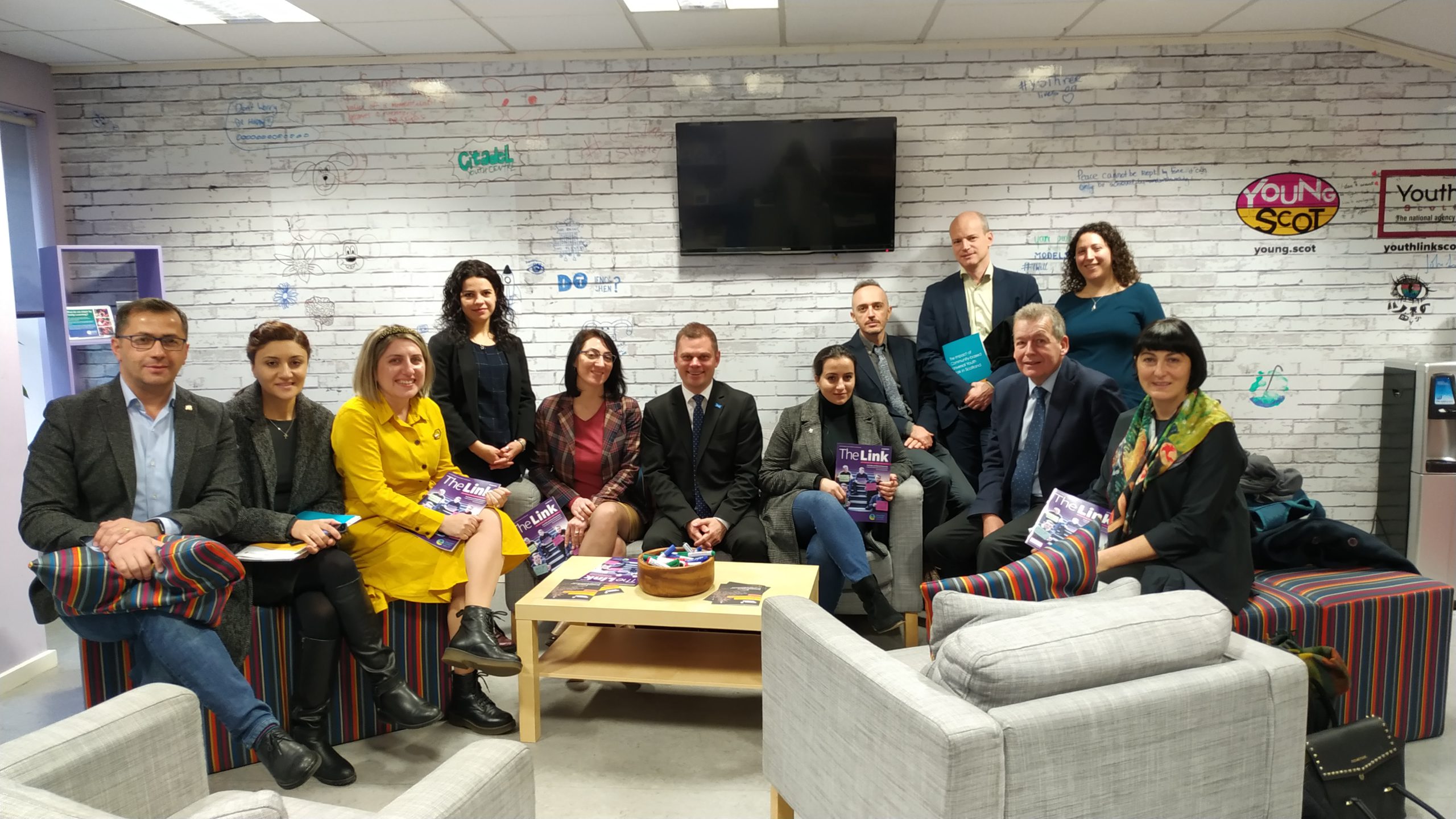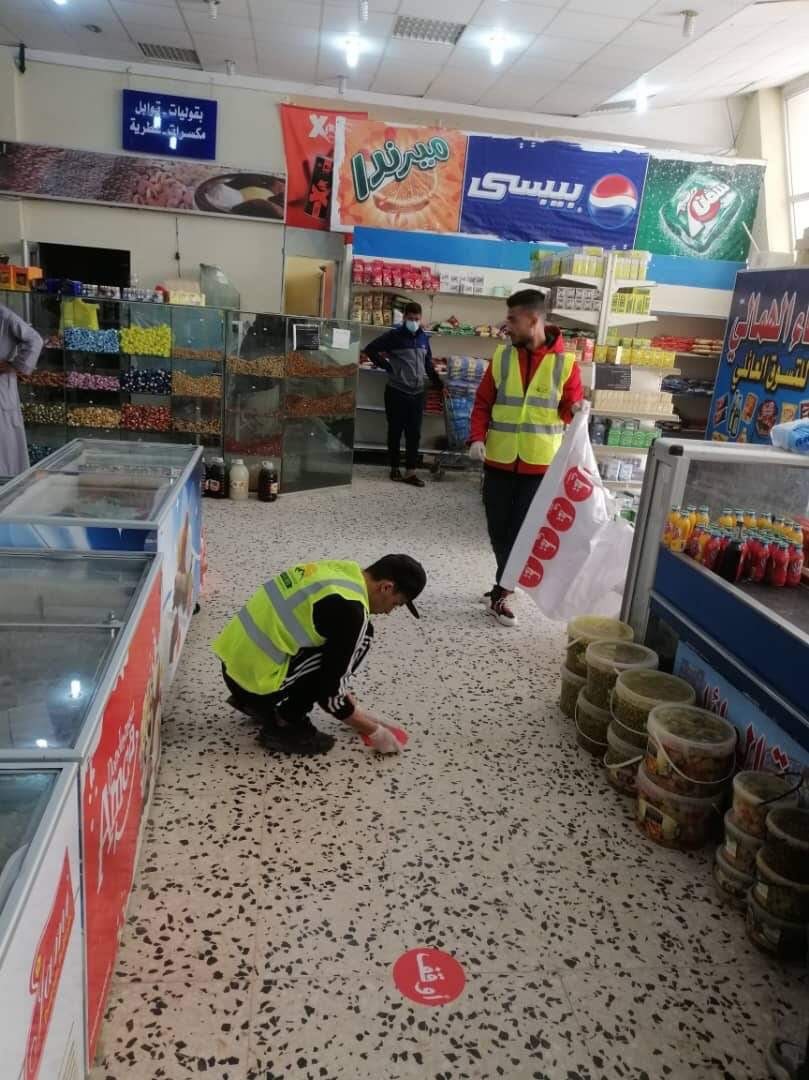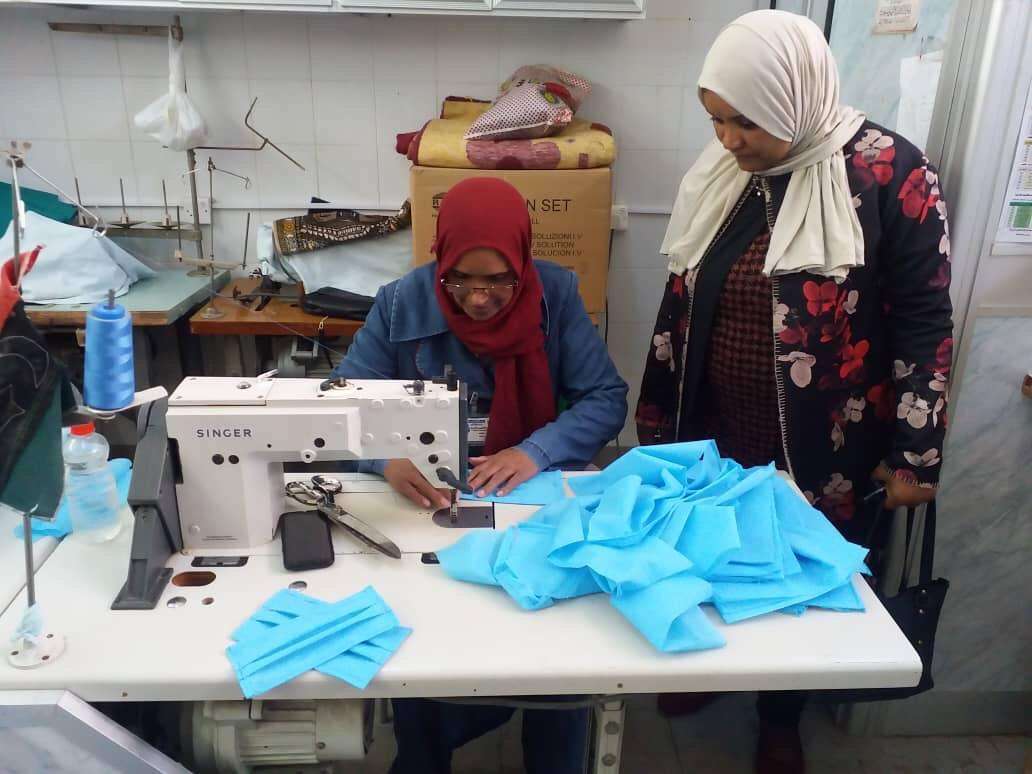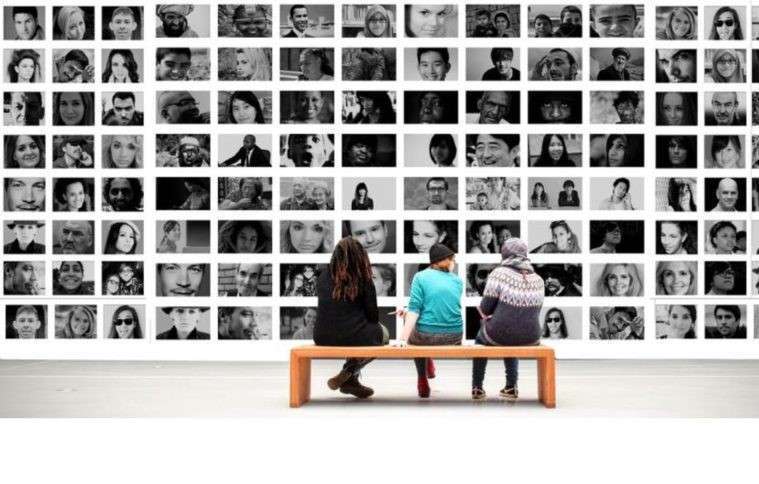

Peaceful Change initiative accompanied leaders of youth organisations, government representatives and members of the Armenian National Assembly on a visit to Scotland from 18-22 November 2019. The delegation met with Scottish youth leaders, government officials, business leaders and academics, gaining insight into how they might strengthen the ability of young people to participate in decision making at different levels on their return to Armenia. Highlights included meetings with Members of the Scottish Parliament (Edinburgh), the Scottish Youth Parliament (Dundee) and youth working alongside police officers at the ‘Community Safety Hub’ in Dundee.
Artur Ghazaryan from the Youth Cooperation Centre of Dilijan, and PCi’s Armenian project partner, said: “This has been a great experience … young people [in Scotland] are involved in different channels, such as the Youth Parliament, the local council and other informal initiatives and are educated to be civic-minded so they can contribute to political and economic affairs and other areas of life. This is a great example and when we return to Armenia we can seek to try and adopt and improve youth representation in different sectors of life as well.”






